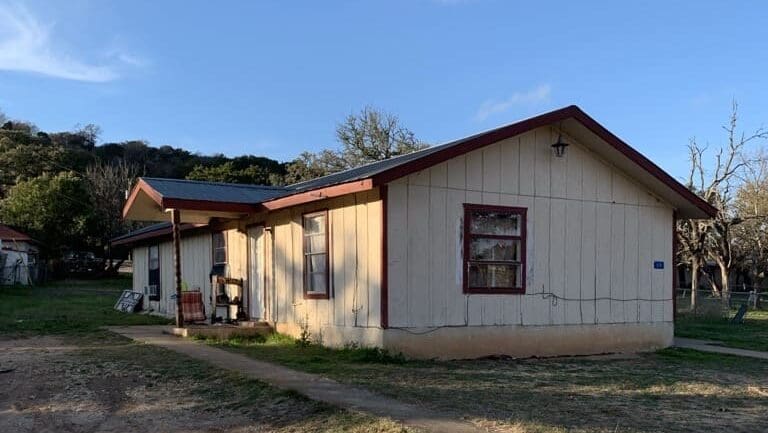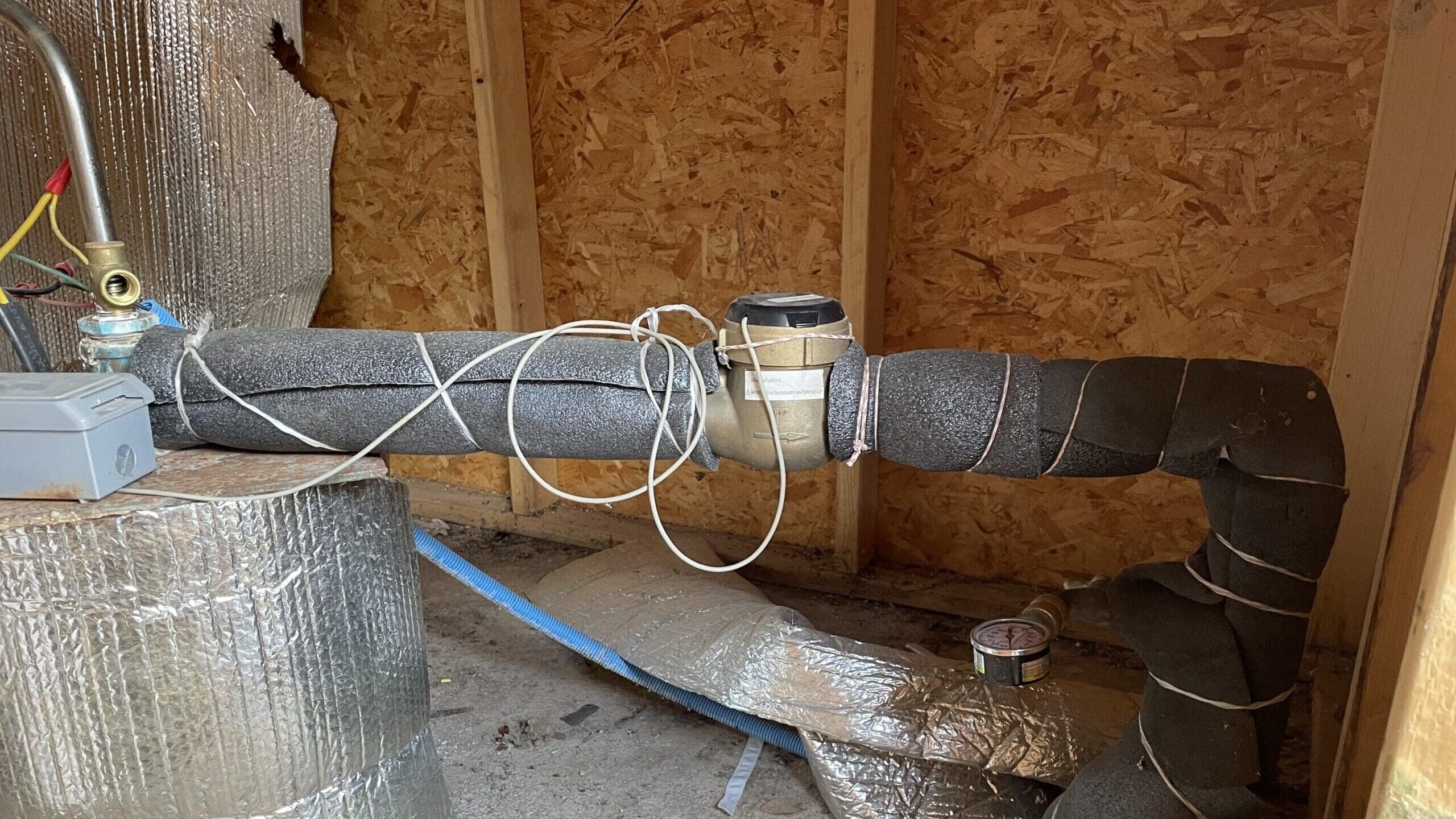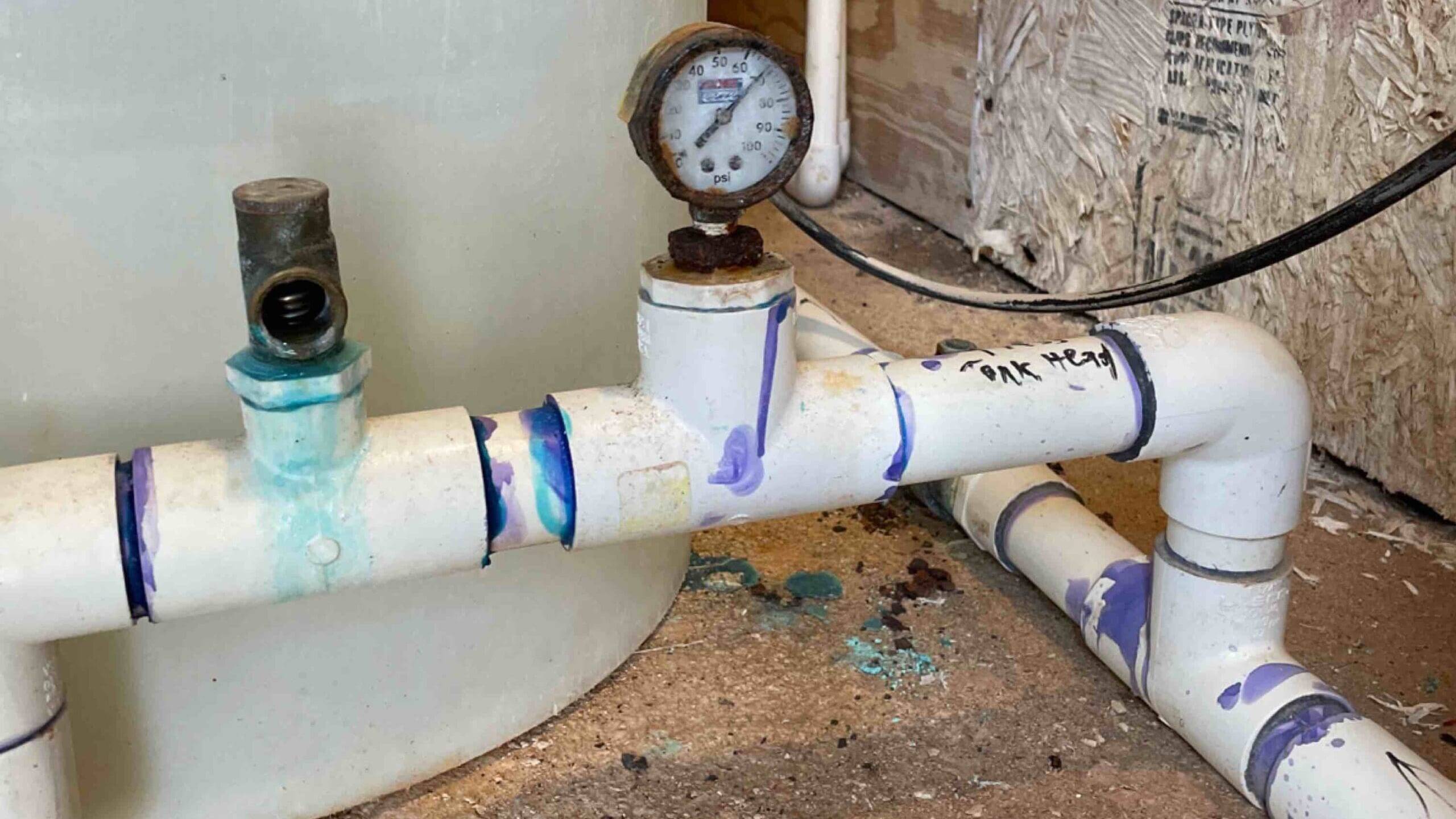In Fredericksburg, Texas — a small city in the Hill Country of Gillespie County, about 80 miles west of Austin and 70 miles northwest of San Antonio — the residents of Royal Oaks Apartments have long faced serious water quality issues. With just 15 water connections serving around 60 people, this very low-income apartment complex struggled to maintain a safe water system on its own. Elevated nitrate levels repeatedly triggered public health concerns and regulatory scrutiny from the Texas Commission on Environmental Quality (TCEQ), putting both the operator and residents in a constant state of uncertainty.
“We had to rely on water testing every three months, and if nitrates were above the limit, we’d get notified and have to figure out a solution,” said Alex Flores, who manages and operates the system. “We didn’t always understand the process — it was complicated, and the responsibility fell on us to fix it quickly.”
The Community Infrastructure Team at Communities Unlimited (CU) and West Texas Coordinator Kurt Grant stepped in to help Royal Oaks navigate a complex and often overwhelming process. CU provided comprehensive technical assistance from the beginning, helping prepare and submit a Project Information Form (PIF) to the Texas Water Development Board (TWDB). The application laid out two possible paths to solve the water crisis: the preferred option was to connect to the City of Fredericksburg’s system, with a secondary plan to drill a new well and build a new distribution system.

CU worked closely with Royal Oaks to gather and submit all necessary financial documents — including budgets, rate structures, and tax filings — and to develop the Preliminary Engineering Report required for the application. The system scored well on TWDB’s Intended Use Plan, which meant it could qualify for full grant coverage under the Drinking Water State Revolving Fund (DWSRF) Equivalency program. The original project was estimated at $1.4 million, with no debt burden falling on the system or its residents.
Once the application was in, CU continued assisting with corrections and coordinated with TWDB’s engineering team to meet all compliance requirements. However, despite two separate efforts — including voluntary annexation and plans to tap into a city well — the City of Fredericksburg ultimately declined to move forward with the connection. This forced a pivot to the project’s backup plan: developing an independent water source on-site.
Thanks to earlier coordination from CU and volunteer engineers from the Texas AWWA Small Systems Division, a test well had already been drilled on the property. That well met state standards for nitrate levels and provided a viable path forward at a reduced cost of approximately $664,000. CU guided Royal Oaks through the process of shifting the project scope and helped Flores develop and issue a Request for Qualifications (RFQ) for a new engineer — a requirement of TWDB funding that must follow strict state procurement rules. CU continues to support the system as they prepare to select an engineer and begin the next phase.
“The new well should have nitrate levels around 2 or 3 — well below the maximum,” Flores said. “It won’t be nitrate-free, but it’ll be safe. That’s a big improvement. Our goal is compliance and less scrutiny from TCEQ.”
Construction is anticipated to begin in late summer or early fall 2025, depending on environmental review and other regulatory steps. In addition to the new well, the project will replace aging distribution lines installed in the 1970s, which have been prone to frequent leaks and breaks. Flores, whose father once maintained the system by hand, says the new infrastructure — including updated meters on all units — will allow for quicker leak detection and better system efficiency.
Thanks to CU’s continued partnership and expertise, a small, rural water system that once faced an uncertain future is now on its way to delivering safe, reliable drinking water for years to come.
“Kurt’s been very helpful — he’s helped us figure out how to navigate the process and get funding. He’s filled in the gaps when we weren’t sure what to do next. As long as I have someone like Kurt helping me get this well built, I can keep the project moving forward.”
— Alex Flores, Royal Oaks Operator and Manager



